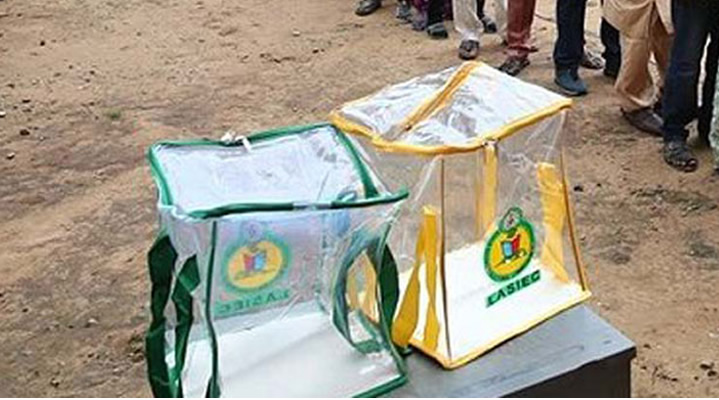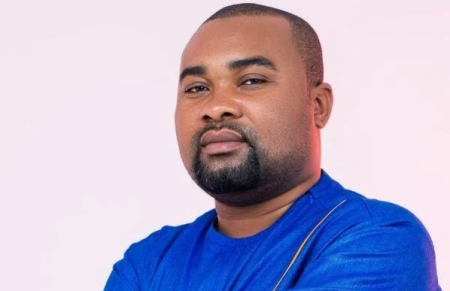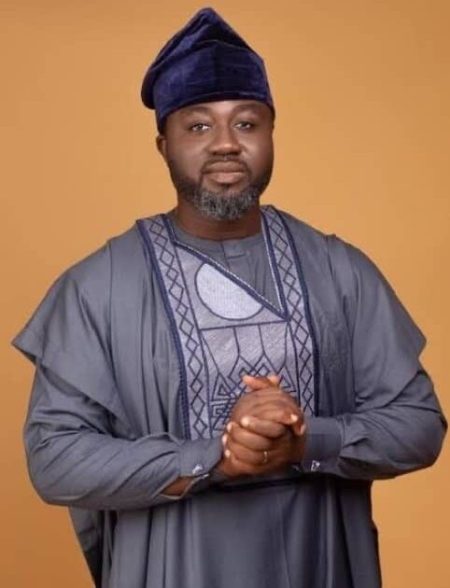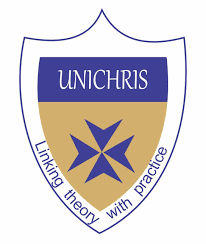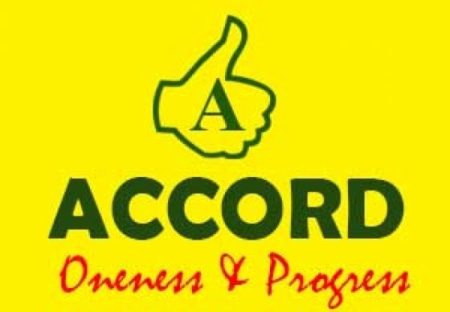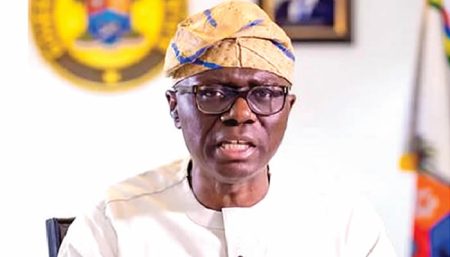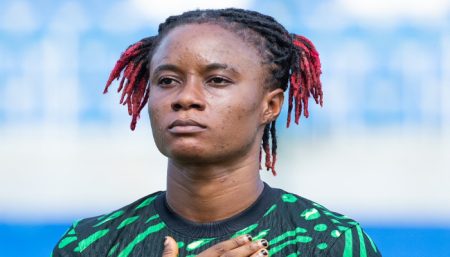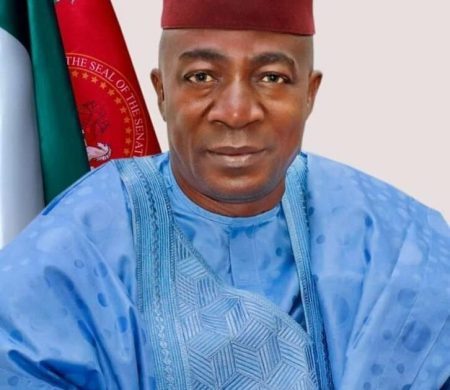The upcoming local government elections in Lagos State are poised to be a significant political event, with a multitude of candidates vying for positions of power within the state’s local governance structure. The elections, scheduled for Saturday, will witness a contest for 57 chairmanship positions and 376 councillorship seats across the state’s various local councils and wards. A total of 139 candidates representing ten political parties have put themselves forward for the chairmanship roles, while 842 individuals from 14 parties are competing for the councillorship positions. This multi-party contest reflects a dynamic political landscape and offers voters a diverse range of choices. The election process is overseen by the Lagos State Independent Electoral Commission (LASIEC), responsible for ensuring a fair and transparent election.
The ruling All Progressives Congress (APC) has demonstrated its dominance in the electoral field by fielding candidates for all available positions – 57 chairmanship and 376 councillorship roles. This comprehensive participation underlines the party’s established presence and organizational strength within the state’s political arena. Trailing behind the APC is the Peoples Democratic Party (PDP), which has fielded candidates for 45 chairmanship positions and 259 councillorship roles. While not as pervasive as the APC, the PDP’s participation signifies its continued relevance as a major contender in Lagos politics. The presence of other parties adds to the complexity of the electoral landscape, providing voters with alternatives and fostering a more competitive environment.
The Labour Party (LP) has entered the fray with 22 chairmanship candidates and 130 councillorship aspirants. Their participation adds another dimension to the election, presenting a potential challenge to the established dominance of the APC and PDP. The Zenith Labour Party (ZLP), with six chairmanship candidates and 21 councillorship hopefuls, adds further to the diverse spectrum of political representation in the elections. The presence of these and other smaller parties contributes to a richer political discourse and offers voters a wider array of choices based on their individual political preferences.
The remaining political parties contesting the elections represent a mix of established and emerging forces. Accord, African Action Congress (AAC), Action Alliance (AA), Allied People’s Movement (APM), All Progressives Grand Alliance (APGA), Social Democratic Party (SDP), National Rescue Movement (NRM), Young Progressive Party (YPP), Youth Party (YP), Action Peoples Party (APP), and African Democratic Congress (ADC) complete the list of participating parties. Their presence, while less prominent than the APC and PDP, contributes to a vibrant democratic process and provides a platform for diverse voices and political ideologies to be heard.
Initially, 19 political parties expressed interest in participating in the local government elections. However, only 15 of these parties ultimately submitted their candidate lists to LASIEC before the deadline. This suggests that the stringent requirements and competitive nature of the electoral process may have posed challenges for some parties. The fact that LASIEC approved the candidates put forward by these 15 parties signifies that they met the necessary criteria and are eligible to contest the elections. This process of vetting and approval is crucial for maintaining the integrity of the electoral system.
The upcoming local government elections in Lagos State hold significant implications for the state’s political future. The outcome of these elections will determine who holds key positions of power at the local level, influencing policy decisions and resource allocation within the various communities. The participation of multiple parties, ranging from established powerhouses to smaller emerging forces, creates a dynamic electoral landscape that offers voters a wide range of choices. The elections serve as a crucial platform for citizen engagement and democratic expression, shaping the direction of local governance in Lagos State. The role of LASIEC in ensuring a free, fair, and transparent election is paramount in upholding the democratic principles upon which the elections are based.





